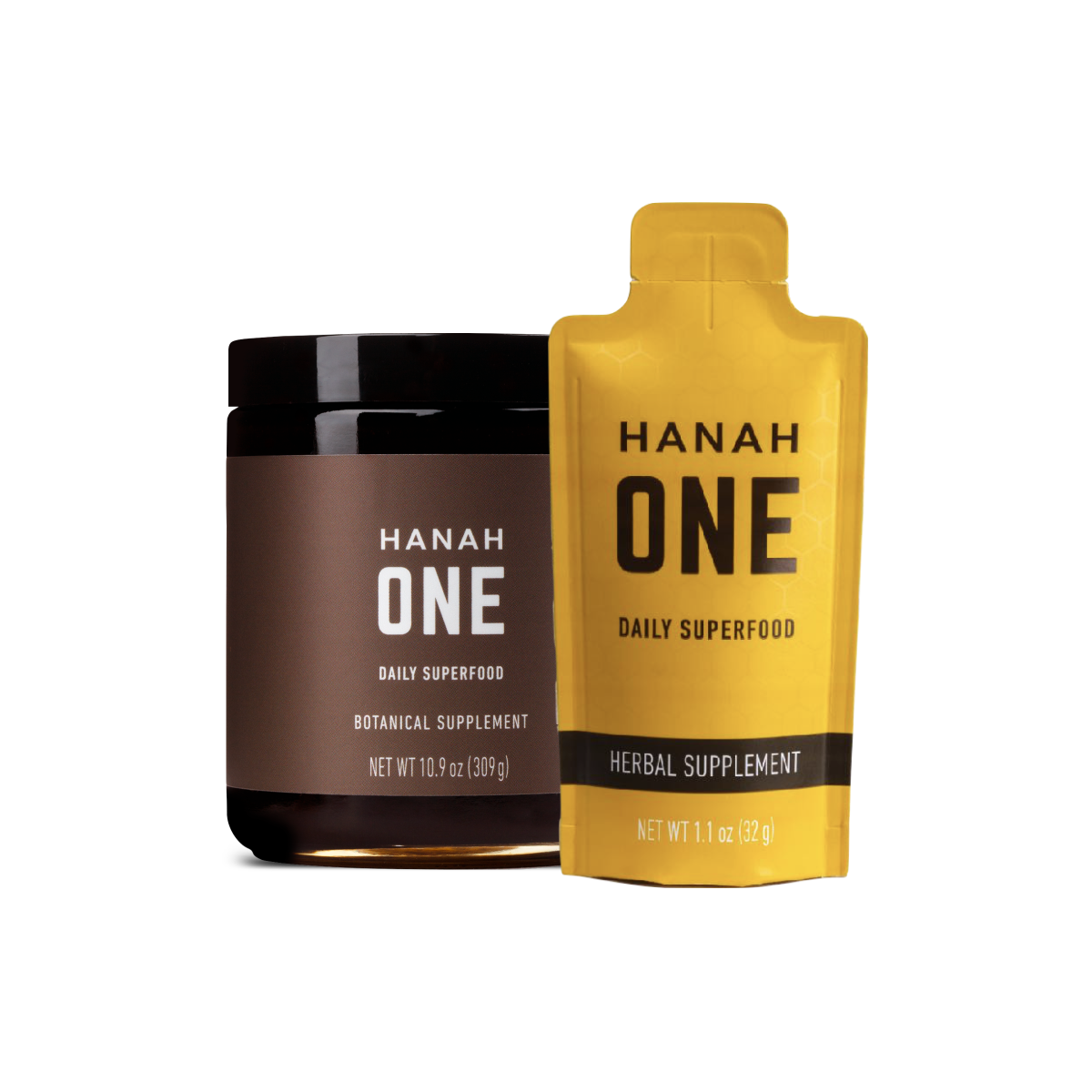Cruise Through the Holidays with Grace and Gratitude

Gratitude has been on our minds a lot this holiday season, and although it is something that should be practiced year round, it comes into sharper focus near the holidays. In our second series of three, we dig into the science of gratitude, holiday stressors, and how shifting your mindset can play a critical role in your physical and emotional wellbeing. The Vedic sages who discovered Ayurveda always knew that gratitude is a key practice for health at all levels. Take a peak at our other blog on gratitude here.
Gratitude has been thoroughly studied over the last twenty years and the findings are worth paying attention to. When focusing on gratitude amazing things happen in the brain and body. The benefits of practicing gratitude have been linked to decreases in depression, increasing good-will towards others and feeling more satisfied in daily relationships. The best part about feeding gratitude is that it is free and relatively easy to practice. By investing a little time and effort not only will your individual well being improve, it will also positively impact everyone around you.
Cultivating gratitude not only makes things look better, studies show they actually get better. Not only for you but for the people you share your life with. So this holiday season when things feel like too much, take a pause and reflect on what you can be grateful for.
A simple “gratitude practice” can be done that consists of naming three to five things daily that you are thankful for. You can choose to do this in the morning when you wake up, around the table at dinner with your family, or as part of your bedtime routine. Simply choose three to five things that you are grateful for – these things can be anything at all! When you are in a state of depression, are suffering from PTSD, or anxiety, it may be as simple as choosing to be thankful for the sky, the sun, and your bed. With gratitude, anything goes and nothing is too small or insignificant to name. With daily practice you will find that your ability to name what you are grateful for changes; it may deepen over time.
The science behind a happiness
Researchers at UC Berkeley have undertaken large scale studies on the practice of gratitude. They report that gratitude benefits anyone, even those in the midst of serious adversity such as the elderly or people with cancer for example. Here are some of the top research-based reasons for practicing gratitude:
- Gratitude brings us happiness: Through research by Robert Emmons, happiness expert Sonja Lyubomirsky, and many other scientists, practicing gratitude has proven to be one of the most reliable methods for increasing happiness and life satisfaction; it also boosts feelings of optimism, joy, pleasure, enthusiasm, and other positive emotions.
- On the flip side, gratitude also reduces anxiety and depression.
- Gratitude is good for our bodies: Studies by Emmons and his colleague Michael McCullough suggest gratitude strengthens the immune system, lowers blood pressure, reduces symptoms of illness, and makes us less bothered by aches and pains.
- Grateful people sleep better: They get more hours of sleep each night, spend less time awake before falling asleep, and feel more refreshed upon awakening.
- Gratitude makes us more resilient: It has been found to help people recover from traumatic events, including Vietnam War veterans with PTSD.
- Gratitude strengthens relationships: It makes us feel closer and more committed to friends and romantic partners.
- Gratitude promotes forgiveness.
- Gratitude makes us “pay it forward”: Grateful people are more helpful, altruistic, and compassionate.
- Gratitude is good for kids: When 10-19 year olds practice gratitude, they report greater life satisfaction and more positive emotion, and they feel more connected to their community.
- Gratitude is good for schools: Studies suggest it makes students feel better about their school; it also makes teachers feel more satisfied and accomplished, and less emotionally exhausted, possibly reducing teacher burnout.
(Greater Good Science Center, UC Berkeley)
Another study by Harvard Medical School reports that gratitude is strongly and consistently associated with greater happiness. Gratitude helps people feel more positive emotions, relish good experiences, improve their health, deal with adversity and build strong relationships (HMS, 2011).
Taking the time to shift to a positive mentality may feel like something small or too subtle to notice but the research supports that changing mindsets is worth paying attention to. Psychologists, Dr. Robert A. Emmons from the University of California, Davis, and Dr. Michael E. McCullough of the University of Miami, tested three groups of people. The first journaled weekly about things they were grateful for in their life, the second documented daily occurrences that irritated or displeased them and the third group was directed to document events that affected them with no emphasis on the positive or negative. Over the course of 10 weeks, the gratitude group had less visits to the physician and reported that they overall had a much more positive outlook about their lives than the other two groups.
The link between gratitude, optimism and physical health
A study completed by Maruta, Colligan, Malinchoc, and Offord studied the link between longevity, tying together a patient’s identity as an optimist or pessimist and if it was an indicator for early death. Patients were categorized by medical researchers as optimistic, mixed, or pessimistic using the Minnesota Multiphasic Personality Inventory, a standardized psychometric test of adult personality measured by points. Findings were surprising that with every 10 point increase in a person’s score on their optimism scale, the risk of early death decreased by 19% (Maruta, 2000).
HANAH Gratitude
As a team we’ve been thinking a lot about gratitude. Gratitude for each individuals contribution to HANAH, and how that allows us to connect as a whole. These connections allow us to bring ancient medicines to our friends, family, and partnerships we've built over the years. We’ve dug deep into the study of gratitude, outlining the health benefits, both physical and emotional, and refocusing our thoughts and connections on being more gracious, positive and thankful every day. We hope this series of articles brings to light the many benefits of being gracious and how doing so impacts your health as well those around you.
Want to stay in touch with HANAH and get more articles like this? Check out our newsletter here:







Leave a comment
This site is protected by hCaptcha and the hCaptcha Privacy Policy and Terms of Service apply.